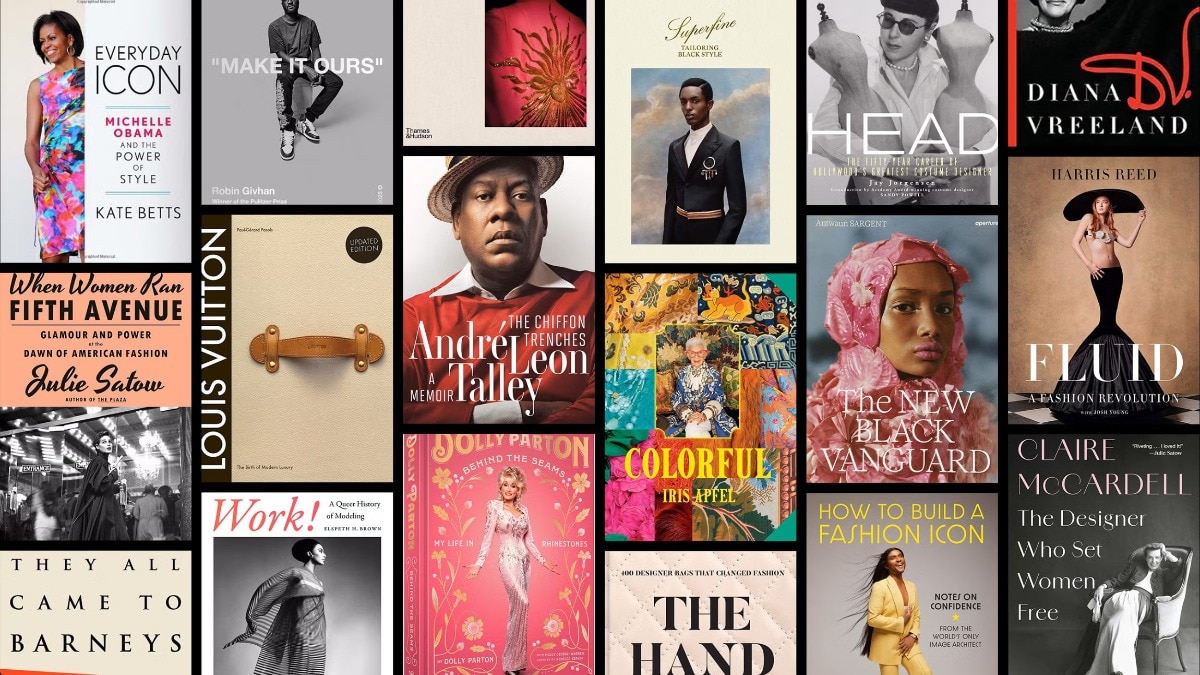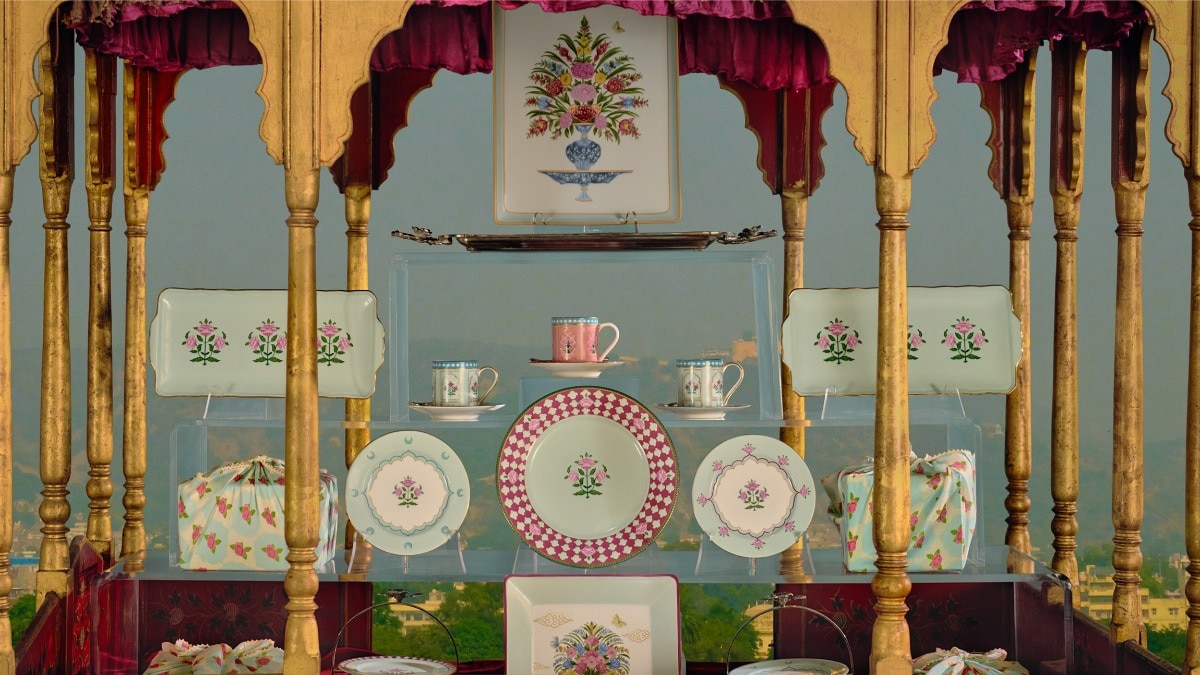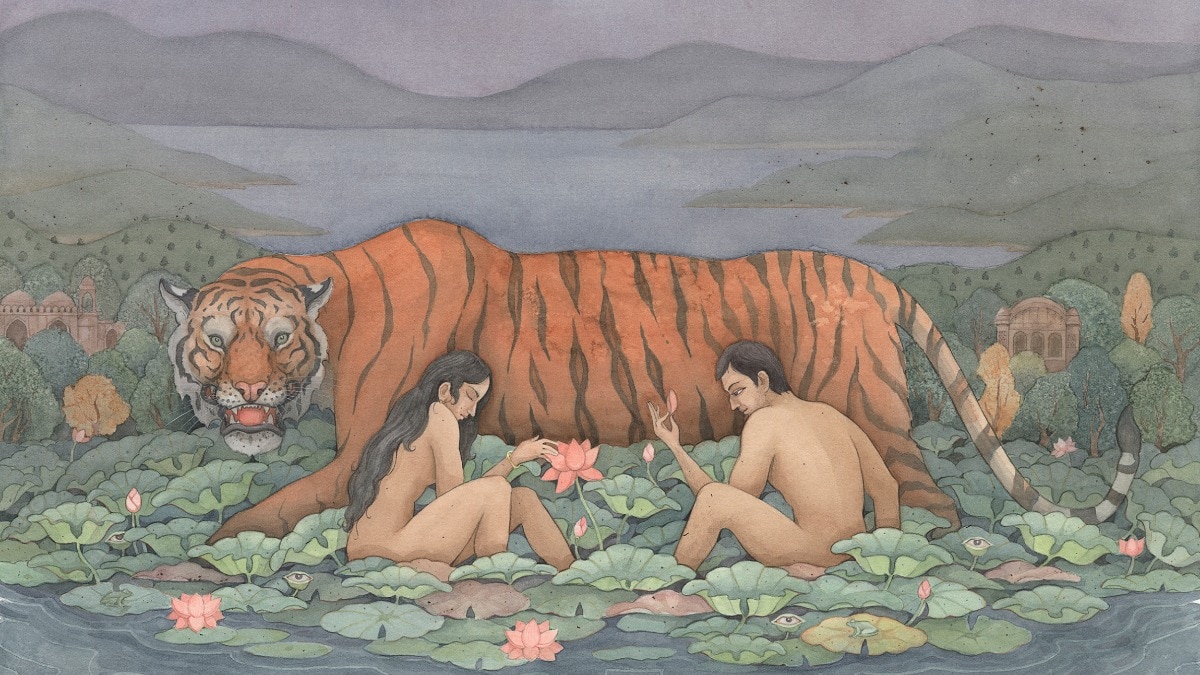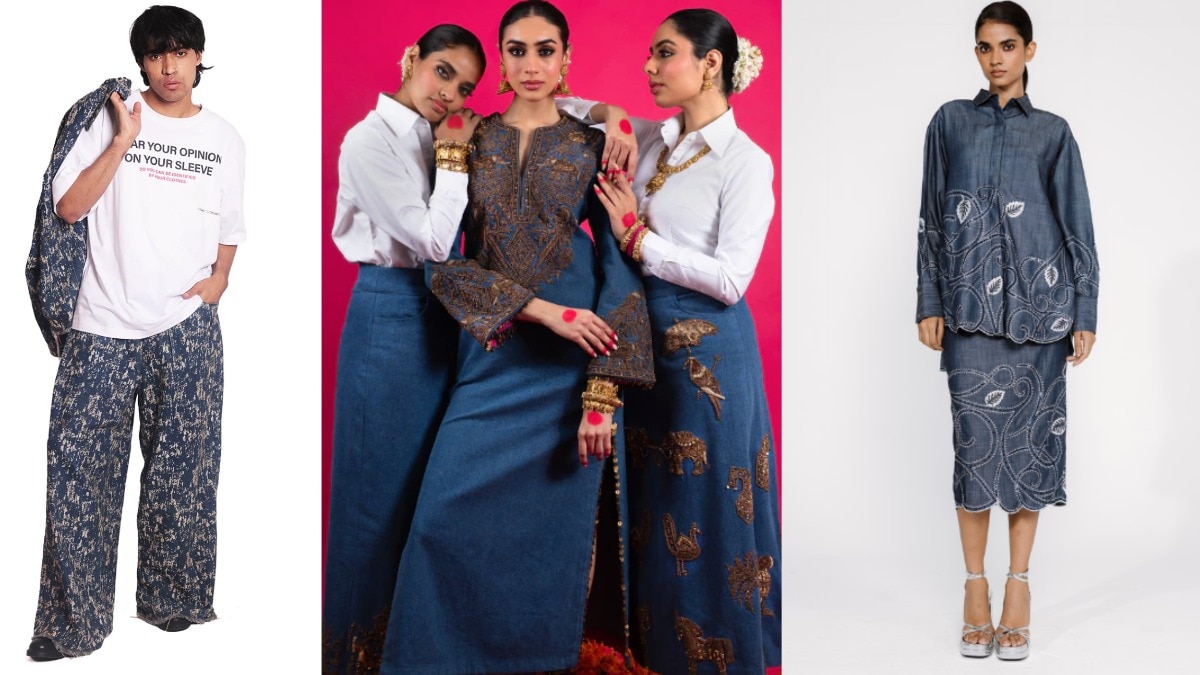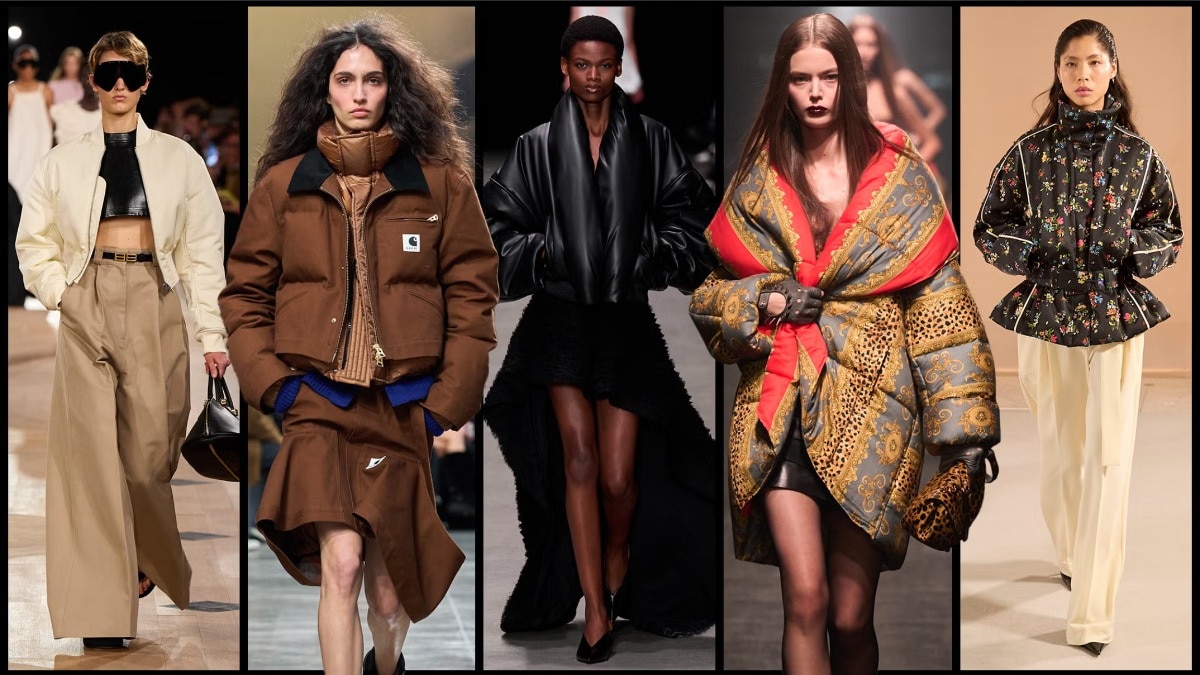Female authors explore how crucial it is that women write about their personal experiences
From Sylvia Plath to Chimamanda Adichie, women authors have long used literature as a platform to explore identity, societal roles, and the complexities of the human experience.


Women have traditionally used literature to examine and communicate the complexity of the human experience, especially the subtleties unique to the experiences of the gender. Women’s writing has demonstrated their resilience and agency via themes of identity, relationships, and societal responsibilities, particularly during critical junctures of social and political upheaval. For instance, the early 20th Century saw significant change brought about by campaigns for peace, women’s suffrage, reproductive rights, and better working conditions. Women authors played a significant role in influencing public opinion throughout this period of time with their novels, essays, and other literary works in addition to their journalism.
Classic writers like Sylvia Plath, Zora Neale Hurston, and Virginia Woolf paved the path, and expressed their thoughts through their writing. Woolf highlights in A Room of One’s Own the significance of having one’s own place and being financially independent in order for women to write freely. Hurston examines the search for self-identity in the face of gender and racial oppression in Their Eyes Were Watching God. Plath, on the other hand, addresses women’s social constraints and mental health issues in The Bell Jar. Contemporary writers, such as Margaret Atwood and Chimamanda Ngozi Adichie, are addressing similar issues. Adichie’s Half of a Yellow Sun explores the nuances of conflict, identity, and the junction of these themes, while Atwood’s The Handmaid’s Tale challenges society’s control over women’s bodies and resonates with contemporary struggles for women’s rights.
The literary canon has also been impacted by the translations of works by women. The Second Sex by Simone de Beauvoir, which was first published in French, is still regarded as a classic work of feminist literature that questions long-standing gender stereotypes. The Italian novel My Brilliant Friend by Elena Ferrante deftly examines friendship, identity, and the experiences of women. Olga Tokarczuk won the Nobel Prize in Literature for her translation of her Polish novel Flights, which provides a profound look at movement, travel, and the human condition.
How crucial is it that women write about their personal experiences, given the contributions these women have made to the literature canon?
Laura Freixas, one of Spain’s prominent contemporary novelists and short story writers, emphasises the impact of reading about other women’s experiences, dilemmas, interests, and thoughts. “It makes us feel a sense of sorority and empowered,” she says. Freixas, the author of A mí no me iba a pasar, an autobiography that intimately and heartbreakingly explores her experiences with marriage and motherhood, reveals how writing and reading about personal experiences can be transformative. Although her book is currently available only in Spanish, she shares that when women write about their own lives, they often realise that complex emotions—such as ambivalence toward their mothers, experiences of sexual abuse, psychological violence, gaslighting from male partners, or the dilemmas of motherhood—are not isolated incidents but common, patterned experiences.
At the Bhutan Echoes Drukyul’s Literature and Arts Festival 2024 in Thimphu in August, Freixas spoke about her passion for writing, which she attributes to her mother’s love for reading.“Literature, like other forms of art, provides us—whether as authors or readers—a sense of dignity,” she reflects. Freixas discovered this when she became pregnant; she had previously read literature about many significant experiences—love, travel, ambition—but found nothing to prepare her for or help her understand motherhood. In 1994, when she became a mother, the absence of literary works on the subject left her reliant on medical or self-help books, which felt insufficient. She felt that her experience as a mother was undervalued and trivialised by culture and society. What she craved was not “tips, statistics, or pieces of advice,” but rather the beauty, depth, nobility, and mystery of the topic.
Shaili Chopra, an Indian journalist and author, talks to Bazaar India about the importance of women writing about their experiences. However, she adds a nuanced perspective: “It’s important for women, who can and want, to share their experiences in the real world, but we must also respect those who choose to express similar experiences through the stories of others, especially when they feel too shy to put their own face to them.” In her book Sisterhood Economy, Chopra explores how women navigate both big and small challenges in their lives to carve out their own paths. She admires the vibrant diversity of female writing worldwide, describing it as “relatable, witty, scary, and unravelling”. She observes that, whether in fiction or non-fiction, there is a remarkable depth in the subject matter, factual grounding, and overall readability of women’s writing today. Commenting on contemporary women writers, she states, “No matter the country or society, women of this era are boldly claiming their space and their words.”
Freixas explores how different cultures perceive women and is struck by the similarities in the challenges they face. She notes, “India and Spain are very far apart, but the questions that female characters in works like Anita Nair’s Ladies Coupé ask themselves are strikingly similar to those faced by Spanish women—such as whether a woman should sacrifice her own projects, needs, dreams, and desires for the sake of others, and whether she risks punishment with loneliness or lack of love if she chooses not to.”
The Spanish author acknowledges that patriarchal ideas and attitudes are pervasive, describing them as “the very air we breathe,” making it impossible to completely escape their influence. She observes that, male writing often takes these attitudes for granted, whereas female writing questions and challenges them. According to Freixas, what characterises women’s writing is its critical examination of male and female roles, and the power dynamics between the sexes. However, she also points out a paradox—even when women writers question what it means to be a woman, the fairness of their societal position, or their relationship with men, their answers can sometimes still reflect variations of patriarchal ideas.
Looking ahead to the next generation of women writers, Freixas anticipates a continued trend of exploring experiences that have largely remained outside the realm of literature, such as the lives of sex workers and other marginalised voices. She believes that these stories, though often overlooked, represent important facets of millions of women’s lives. Echoing this sentiment, Chopra asserts that the core issues facing women have not changed; if anything, society is becoming more conservative, with an increasing backlash against women’s efforts to break free from historical stereotypes.
Instead of searching for new issues, Chopra urges a different approach.“Our hands are full. Let’s flood the shelves with the lived experiences of women—from hurt to love, from ambition to success.”
Lead image: Pexels
This article first appeared in Harper’s Bazaar India, September 2024, print edition.
Also read: Five essential reads for deepening your understanding and connection with your body
Also read: #SpoilerAlert: Who killed Merritt Monaco in ‘The Perfect Couple’? We explain the ending


